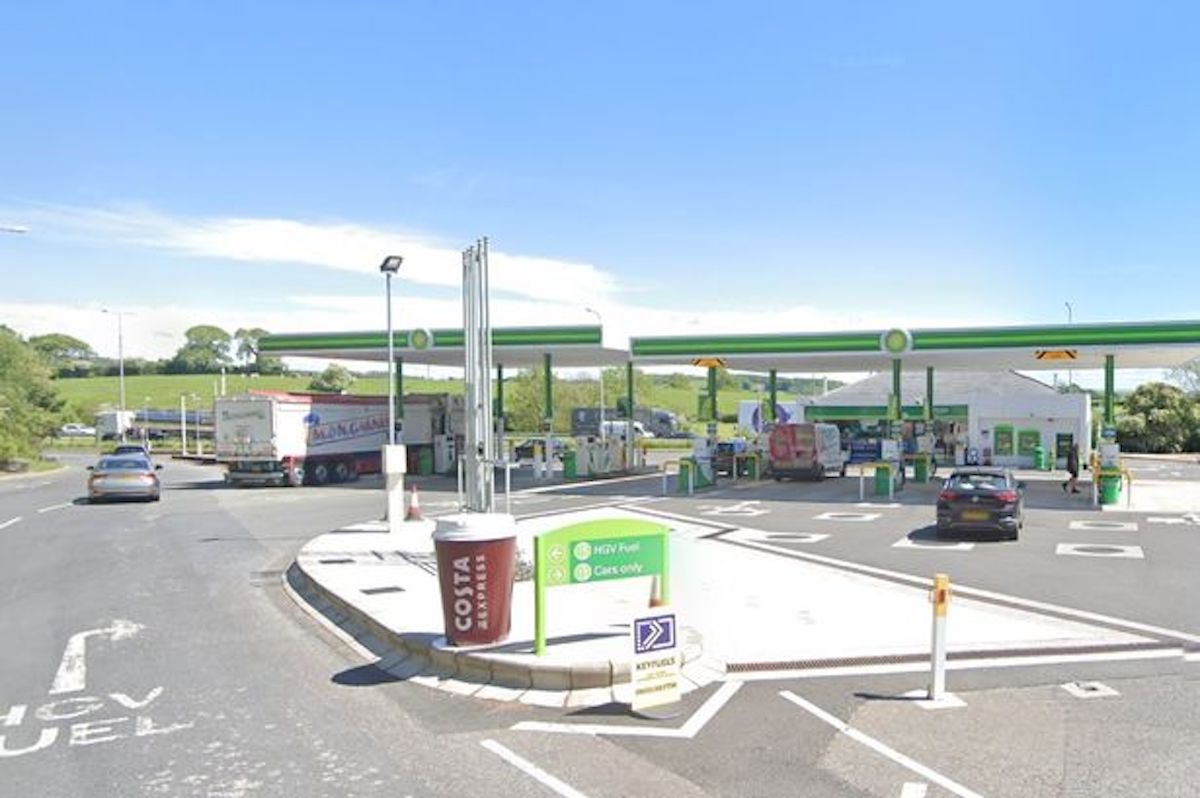Petrol Retailers Association defends petrol price rises
The Petrol Retailers Association (PRA) has jumped to defend petrol prices, claiming its members “operate on razor-thin margins within a highly competitive market,” going on to blame oil-producing nations for an increase at the pumps.

Petrol prices in the UK are once again on the rise, after falling from an initial, record high in June 2022. This summer saw a steady and welcome reduction in the cost of fuel at the pumps, although as autumn sets in, that trend seems to have reversed.
The PRA, a body that represents petrol retailers in the UK, is defending the rise in prices and is blaming the nations that produce oil, primarily Saudi Arabia and Russia, for an upsurge in the cost. It claims that its members, made up of small independent retailers and larger companies, can only pass on rising costs to customers, and has reminded drivers that the cost of running a petrol station is on the up too.
The statement, from Gordon Balmer, PRA Executive Director reads:
“Our members operate on razor-thin margins within a highly competitive market. To address the mounting costs of labour, energy, and the highest inflation rates seen in years, fuel margins have inevitably increased.
“Retailers are not immune to the shifts in the global crude oil price fluctuations. Recent reductions in Saudi Arabian production levels have exerted upward pressure on prices, directly impacting pump prices. Our members remain dedicated in their commitment to ensuring their communities are well-supplied with fuel and essential goods.
"We urge the Chancellor to maintain the 5p cut to fuel duty and extend the freeze on the tax, providing crucial relief to both retailers and consumers during these challenging times."
The wholesale price of crude oil directly affects the price of the petrol we buy. Currently, a barrel of Brent Crude sits at $96 a barrel, the highest level so far this year. The PRA reports that Brent Crude hasn’t been this high since November 2022.
This is an updated page originally published September 2023, the original page can be found below.

Petrol prices were back on the rise in August, which saw one of the largest monthly price jumps in over 20 years.
August 2023’s 6.68p per litre jump in the average forecourt price for petrol was the fourth-largest in 23 years, according to the RAC: only October 2021 (7.43p), March 2022 (11.61p), May 2022 (11.15p), and June 2022 (16.59p) saw larger monthly increases in the average retail price of petrol.

The main cause of this is OPEC+, the group of oil-producing countries, which decided to lower production. This has resulted in an increase of almost $12 in the price of oil per barrel (making it now almost $87 per barrel) since the beginning of July 2023.
As a result, there was “no choice,” according to RAC fuel spokesman Simon Williams, but for retailers to increase forecourt prices by the aforementioned 6.68p to the average price at the end of August of 152.25p per litre.
Williams said: “August was a big shock to drivers as they had grown used to seeing far lower prices than last summer’s record highs. Seeing £4 or more go on to the cost of a tank in the space of just a few weeks from a pump price rise of 6-7p a litre is galling, particularly for those who drive lots of miles or run an older, less fuel-efficient car.
“While the increase is clearly bad news for drivers, it could have been far worse had the biggest retailers not let their inflated margins from earlier in the year return to more normal levels as wholesale fuel costs went up.
“Wholesale costs for both petrol and diesel started to rise in late July on the back of oil hitting $85. While the barrel price has stayed at that level throughout August, retailers had no choice but to pass on their increased costs at the pumps.”

An investigation last year by the Competition and Markets Authority has “fortunately” led to prices being slightly more affordable for UK motorists, as retailers’ margins are smaller now than before the investigation.
Williams said: “Fortunately for drivers though, [retailers] have clearly been influenced by the Competition and Markets Authority’s investigation as, all of a sudden, margins are once again closer to their longer-term averages. It appears they used the wholesale price rise to subtly cover their tracks – after all, big reductions at the pumps soon after the CMA’s findings were announced would perhaps have been far too obvious a step.”
The price of diesel also increased in August 2023, by 7.89p per litre to its current UK average of 154.25p per litre.

.jpg?width=1600)





